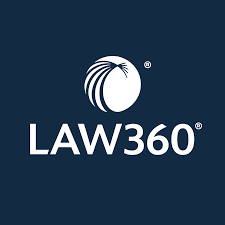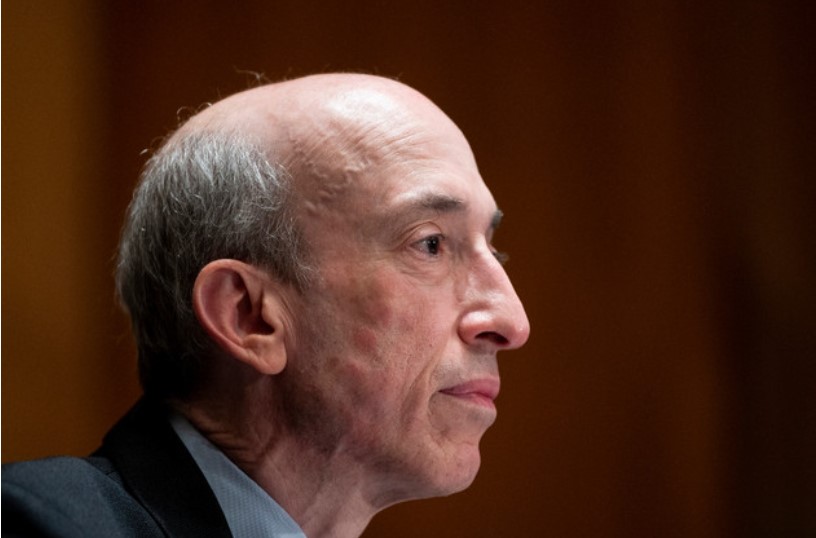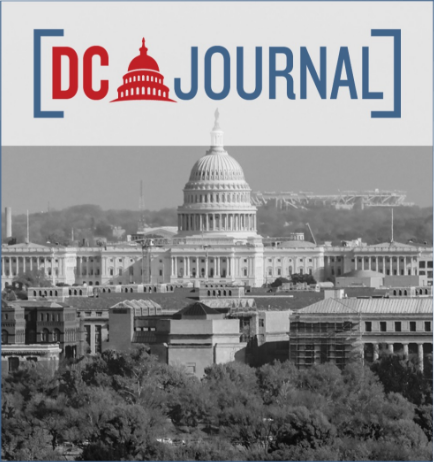By Kristi Warner
The government’s approach to remedies and bitcoin mining are similar examples of agencies utilizing tools at their disposal to attack the crypto industry.
Remedies
In July 2023, the SEC lost in the Ripple case on the main legal theories – Judge Torres ruled that secondary market sales were not sales of unregistered securities and XRP itself is not a security.
Individual XRP holders got their resolution.
Now the case is really at a point where institutional sales and remedies are the focus. The SEC utilizes remedies and reliefs in many cases, and the type of remedies asked for typically varies based on the type of litigation.
In the Ripple case, the SEC after losing on the legal theories, and vindicating the two executives still wants the company to pay a lot of money in remedies so they can hold the company “accountable”, and right any wrongdoing.
The irony is that the people the SEC are supposed to be protecting (you and me) were not harmed by any of Ripple’s actions. Instead, it was the SEC’s action that resulted in restricted access, delistings and actual harm to us.
That is because the SEC has weaponized its authority in an attempt to destroy innovation. Thankfully what we have been seeing in a lot of the cases are ourts keeping the SEC in check.
The American Government was designed to be a system with checks and balances between the three branches.
So while I agree we can look beyond the SEC v. Ripple case, I still think lawsuits in general are important to pay attention to as they are key to keeping the government agencies accountable and allow the industry to fight back.
Bitcoin Mining
Another recent example of this is the RIOT Platforms and Texas Blockchain Council suit against the Biden Administration in a Texas court.
The backstory is the U.S. Dept. of Energy had decided to conduct an “emergency” survey of the energy use by crypto miners based on its own unwarranted assertion that mining is a threat to the power grid. Allegedly the agency threatened companies with criminal fines and civil penalties if they did not answer the survey. The survey was requested without proper procedure established by law including public notice and comment requirements.
Once again we’re faced with a government agency trying to sidestep the law and bully crypto companies into submission by misusing tools at their disposal.
Solution
How can we combat that?
In today’s world one solution to maintain the system of checks and balances is heading to Court. That’s what RIOT and Texas Blockchain did and while it was not the exact relief they were seeking, the lawsuit forced the government to halt their survey and destroy the sensitive and confidential information they had already acquired through the survey.
Same with Ripple – they exposed government overreach by fighting back against the SEC in court.
These are both huge blows to the government’s war on crypto because when these agencies are committing government overreach, the courts are putting that power in check and forcing them to follow the law.
Watch the full livecast here: https://www.youtube.com/watch?v=eQxoBShe2CI&t=2s












